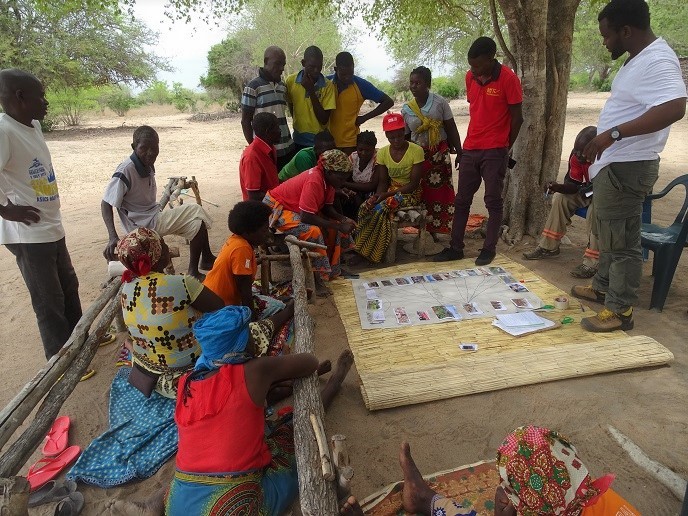Researchers and wheat breeders break bread
Wheat (Triticum aestivum) is one of the most valuable crops in the world. However, due to increased demand and changing environmental conditions, there is a real chance of global wheat shortages in the future. To address this, the EU-funded ADAPTAWHEAT (Genetics and physiology of wheat development to flowering: Tools to breed for improved adaptation and yield potential) initiative aimed to investigate and characterise the genetics of the plant's flowering time. One of the main aims of the project was to uncover how these genes are influenced by environmental conditions. ADAPTAWHEAT screened the genes that control flowering in over 1 000 different wheat lines, and collected information on the physical characteristics of each line. In addition, the team developed new laboratory methods to track the expression of key genes over the flowering period. To better understand environmental factors affecting flowering, the various wheat lines were planted in locations within and around Europe. Initial results show potentially relevant genes and gene variations, which need to be confirmed in future field trials. ADAPTAWHEAT produced knowledge, genetic markers and precise types of wheat required by breeders as tools to improve performance in this key crop. The researchers helped breeders integrate physiological trait selection methods into their in-house selection programmes. Once complete, project work and outcomes will contribute to the overall sustainability and profitability of wheat agriculture in Europe.
Keywords
Wheat, breeders, ADAPTAWHEAT, genetics, flowering, genetic markers







